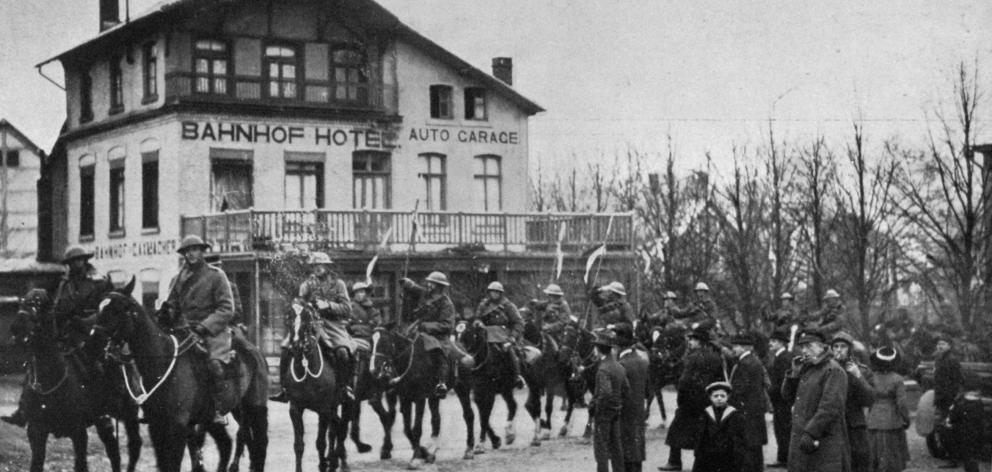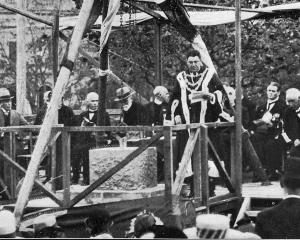
A survey of its contents conveys a deep impression both of the magnitude of the task that has been undertaken in the formation of the League and of the zeal and sincerity that have been brought to bear upon the solution of the problems with which the authors of the scheme must have been confronted at every turn.
Whether or not the covenant in all its essential features is characterised by a soundness of judgement coupled with a sufficiency of elasticity that will enable it, when submitted to stern, practical test, to vindicate triumphantly the noble principles which it embodies can be demonstrated only by experience.
Where it shows weakness in detail, however, it can be strengthened or modified. But nobody can yet say what its fate will be. It represents a great conception in respect to international cooperation for the benefit of the peoples of the world.
As it stands it is a statesmanlike creation - and whether it be destined to be for posterity merely a document of deep historic interest or a living charter of a new era of worldwide peace and security depends upon circumstances upon which just now no certain calculation can be based.
In any case the adoption of the covenant represents a notable achievement and the first and not the least difficult step towards the attainment of an exalted, and, there is room for hope, not wholly unattainable ideal.
Salmon acclimatising
The acclimatisation of the quinnat salmon in New Zealand, which was undertaken by the Government two or three years ago, is proceeding satisfactorily, the number of fish showing a steady increase.
The Waitaki was the first river stocked with the quinnat salmon, and since then the fish have spread northward along the coast to the Rangitata and Rakaia Rivers. Quite a number were caught in the Rangitata in 1917, and the Chief Inspector of Fisheries states that it has been reported that two or three of the salmon have been caught this season in the Waitaki and Rangitata Rivers.
So far, however, conditions have been unfavourable this season for fishing in the southern rivers, which all have been in a state of high flood for a considerable time. In the 1917 season about 700 or 800 were netted, and about 1,550,000 eggs were secured at the Hakataramea hatcheries.
These were distributed amongst the Clutha River in Otago, and the Wairau River in Marlborough, and the Hokitika River in Westland.
Reinstating returned soldiers
The question of the reinstatement of returned soldiers in the position they had occupied when they enlisted, or were called up, was brought before the Hon. G. W. Russell recently by Mr A. E. Glover, M.P., and the latter has received the following reply from the Minister - ``I am in receipt if your letter of January 28, forwarding a communication from Mr R. Gordon, Auckland, in which he asks that legislation be introduced, making it compulsory for employers to re-engage every fit man who has left his employment to serve his country, and who has returned from the front, and desires to take up his old position. In reply, I may state that I will have pleasure in bringing this matter before Cabinet, and will let you know the result at a later date.''
- ODT 16.2.1919.
COPIES OF PICTURE AVAILABLE FROM ODT FRONT OFFICE, LOWER STUART ST, OR WWW.OTAGOIMAGES.CO.NZ












